
Empathy and communication strengthen patient-provider relationships and improve respiratory care outcomes, as discussed at the European Respiratory Society (ERS) Congress.

Empathy and communication strengthen patient-provider relationships and improve respiratory care outcomes, as discussed at the European Respiratory Society (ERS) Congress.
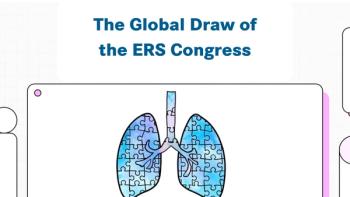
The European Respiratory Society (ERS) Congress fosters collaboration among global experts, advancing respiratory health and promoting equality in medicine.

Social inequalities significantly impact COPD and PH outcomes, highlighting the need for systemic health care solutions, emphasizes Lucilla Piccari, MD, PhD, Hospital del Mar.

Cardiopulmonary risk is high and persistent across the entire COPD disease course, making early recognition and integrated care crucial.

Research reveals strong connections between muscle strength and cognitive function in patients with COPD, highlighting the potential for rehabilitation strategies.
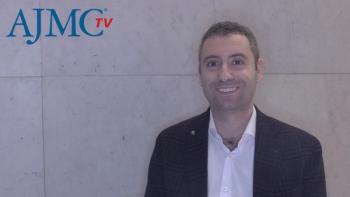
Research exploring protective mechanical ventilation strategies for acute respiratory distress syndrome was presented at the ERS Congress by Luca Menga, MD, University of Toronto.

At the European Respiratory Society Congress, experts explored the critical connections between climate change, respiratory health, and health equity, highlighting the importance of integrated solutions, local action, and education.

Experts at the ERS Congress 2025 highlighted threats to scientific integrity from misinformation, political interference, and predatory publishing in health research.
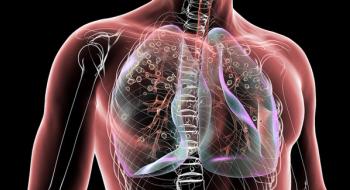
Experts at European Respiratory Society (ERS) Congress 2025 highlight the critical link between reduced lung function and increased cardiovascular disease risk, urging early intervention and awareness.

Michaela Nuttal, MS, explores the complex culture of smoking among nurses, highlighting challenges and motivations for quitting within health care settings.

Nerandomilast for idiopathic pulmonary fibrosis potentially improves survival and slows disease progression, explains Justin Oldham, MD, PhD, MS, FIBRONEER steering committee member.
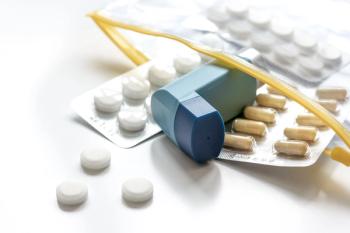
There are clear benefits to starting biologic therapy earlier for severe asthma, as well as initiation patterns by ethnicity, according to data at ERS Congress 2025.

Digital health technologies enhance respiratory care through decentralized clinical trials and home monitoring, expanding access and improving patient engagement.

Christopher Carlin, MBChB, PhD, explores the potential of AI-driven insights to enhance COPD care and identify candidates for biologic therapy.

Nerandomilast shows promise in treating progressive pulmonary fibrosis, demonstrating significant benefits in lung function and safety in recent trials.
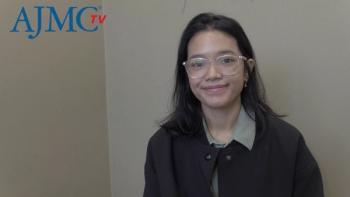
Research reveals that a high-fruit diet may protect women's lung function from air pollution, according to Pimpika Kaewsri, MSc.

Experts debate e-cigarettes' role in smoking cessation and public health at ERS Congress 2025, weighing benefits against potential risks and regulatory needs.
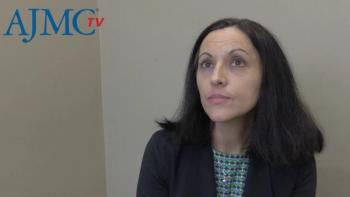
Integrating these care services can enhance patient QOL and address unmet needs in serious respiratory illnesses, explains Natasha Smallwood, BMedSci, MBBS, MSc, Monash University.
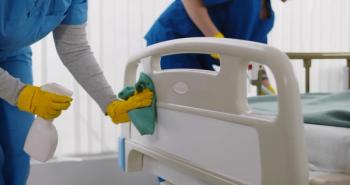
Experts reveal the health risks of indoor air pollution from biomass fuels and cleaning products, emphasizing prevention strategies for respiratory diseases.

Discover groundbreaking discussions at the European Respiratory Society Congress 2025, focusing on severe asthma, e-cigarette debates, and global health equity in respiratory care.
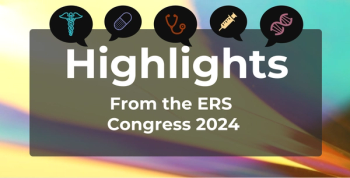
Top coverage from the European Respiratory Society (ERS) Congress 2024 spanned various topics, including artificial intelligence–powered robots transforming respiratory care and late-breaking findings on an epilepsy drug showing promise for treating obstructive sleep apnea.
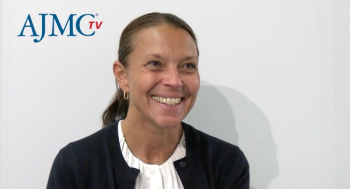
Anna-Maria Hoffmann-Vold, MD, PhD, a senior consultant and leader of inflammatory and fibrotic research area at Oslo University Hospital, discusses therapies and management guidelines for patients with interstitial lung disease (ILD).

Io Hui, PhD, researcher at The University of Edinburgh, discusses challenges to implementing artificial intelligence in respiratory care.
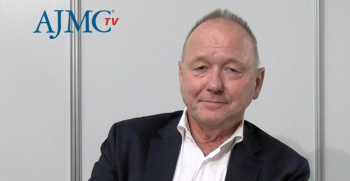
Klaus Rabe, MD, PhD, chest physician and professor of medicine, University of Kiel, discusses the potential of tailored treatment strategies and the importance of smoking cessation.

Klaus Rabe, MD, PhD, chest physician and professor of medicine, University of Kiel, discusses improvements in lung function observed in patients enrolled in the BOREAS trial.
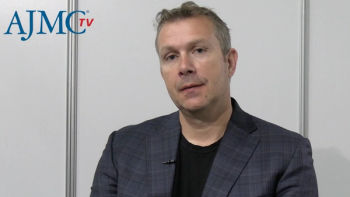
Toby Maher, MD, PhD, professor of clinical medicine, Keck Medicine of USC, discusses the impact of changes in lung function in patients with idiopathic pulmonary fibrosis (IPF).

Introducing artificial intelligence (AI)–powered robots like AMECA into health care comes with potential benefits like improved clinical decision-making and faster diagnoses, but also presents challenges such as misinformation risks and data privacy concerns.

Toby Maher, MD, PhD, professor of clinical medicine, Keck Medicine of USC, discusses recent advancements in clinical trials for patients with idiopathic pulmonary fibrosis (IPF) and progressive pulmonary fibrosis (PPF).
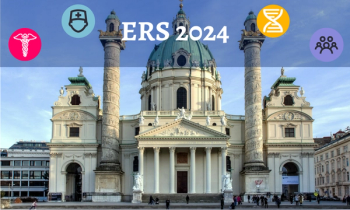
Speakers at the 2024 meeting of ERS—The European Respiratory Society Congress share their favorite parts of the conference.

Klaus Rabe, MD, PhD, chest physician and professor of medicine, University of Kiel, shares the latest clinical discoveries from the BOREAS trial on type 2 inflammation in patients with chronic obstructive pulmonary disease (COPD).

259 Prospect Plains Rd, Bldg H
Cranbury, NJ 08512
© 2025 MJH Life Sciences®
All rights reserved.
